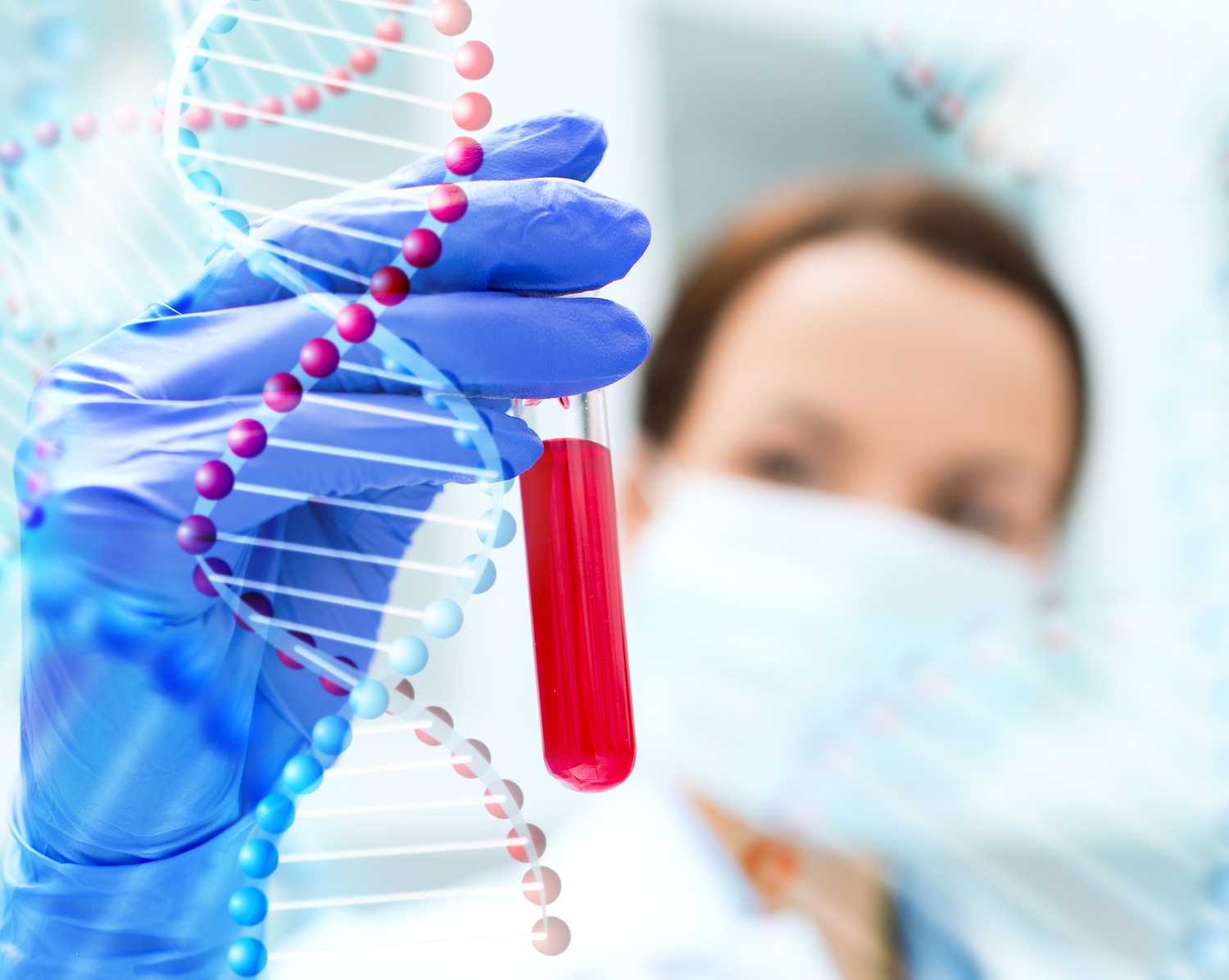Essential FAQs About BRCA Genetic Testing You Should Know
This article provides essential insights into BRCA genetic testing, clarifying its purpose, who should consider it, and how results influence cancer risk management. It explains the process, implications of different outcomes, and the importance of genetic counseling to help you make informed health decisions.
Sponsored

Common Questions About BRCA Genetic Testing Answered
A comprehensive overview of BRCA testing, including who should consider it, what the results imply, and its significance in cancer risk assessment.
Certain cancers are hereditary, with some running in families. Hereditary breast and ovarian cancer (HBOC) is one such condition. To evaluate your genetic risk, BRCA testing is performed to detect mutations in genes linked to these cancers. Here are key FAQs about BRCA testing that many people wonder about but may not know whom to ask.
Get clarity on what BRCA testing entails, who should pursue it, and how results can guide your health decisions.
What is the purpose of BRCA testing?
Genetic BRCA testing isn’t meant to diagnose cancer; rather, it assesses your inherited risk for breast and ovarian cancers. It detects mutations in the BRCA1 and BRCA2 genes, which normally function to suppress tumor growth. These tests help identify if your genetic makeup increases your likelihood for these cancers, guiding preventive strategies.
What does hereditary breast and ovarian cancer (HBOC) mean?
HBOC refers to a pattern of breast and ovarian cancers that runs in families, often due to mutations in BRCA1 or BRCA2 genes. Having a BRCA mutation can raise your risk of breast cancer up to 87% and ovarian cancer up to 44%. These mutations can be inherited from either parent, and men with such mutations also face increased risks for breast and prostate cancers.
Who is recommended for BRCA testing?
If you have a family history of breast, ovarian, or related cancers, genetic counseling can help determine if testing is appropriate. Typical indicators include:
Multiple family members with breast or ovarian cancer
Various relatives affected by different cancer types across generations
Diagnosis of cancer before age 50 in family members
Presence of male breast cancer or clustering of prostate, colon, or stomach cancers
How is the BRCA test performed?
The most common method involves a simple blood draw for DNA analysis in a laboratory. Alternatively, saliva samples or skin biopsies can be used. Genetic counseling is often recommended both before and after testing to interpret results accurately.
When will I receive the results?
Results are typically available within a few weeks. A genetic counselor will review your results with you and discuss possible next steps based on your findings.
What do the test outcomes indicate?
If positive, it means you carry a mutation in BRCA1 or BRCA2, increasing your cancer risk but not guaranteeing cancer development. A negative result suggests no inherited mutation was found, yet it doesn't eliminate the possibility of future cancer. About 7% of results may show an uncertain mutation, which warrants further analysis. Based on your results, your healthcare provider will recommend appropriate risk management strategies.





